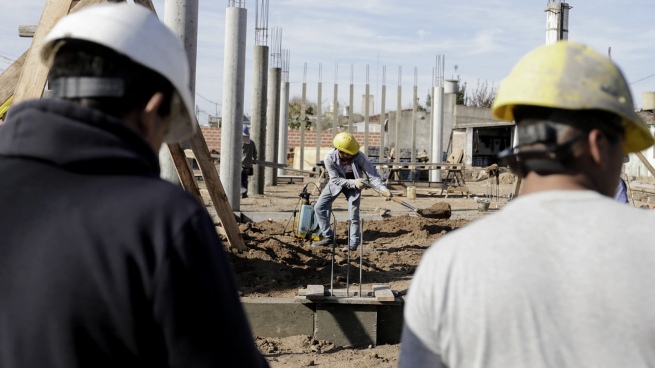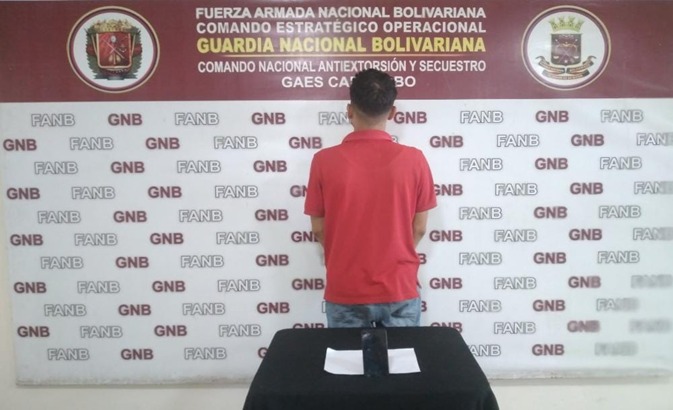The extension of the validity of the money laundering law for construction, approved last week by the Senate of the Nationwill encourage investments in new projects and will serve as an engine for the reactivation of the productive apparatus and the real economy, sources from the sector highlighted.
“Unlike in the past, this laundering is very well structured and is oriented to the productive sector and not to financial speculation,” The CEO of Criba, Santiago Tarasido, told Télam.
He considered that “if the law has the positive impact that we all expect, the main result will be reflected in the generation of investments in new projects and in greater employment in a fundamental industry for the economy such as construction.”
Likewise, Juan Manuel Tapiola, CEO of Spaziostold this agency that “this law is a very positive response to something that has been demanded in the sector for a long time; it is an incentive for investment and economic activity that will result in job creation.”
“This measure will impact the launch of new products on the market, thus increasing supply and reactivating a key industry for the Argentine economy,” he said.
While, the president of the Chamber of Real Estate Services Companies (Camesi), Mariano García Malbránpointed out that “the reopening of money laundering may represent an additional private investment of between 4,000 and 4,500 million dollars.”
“Without a doubt, it will multiply the work and will serve as an engine for the reactivation of construction and the national productive apparatus in general; in addition to adding housing units in the medium term to a market that is unable to satisfy demand,” he said.
For its part, Ivan Ginevra, CEO of GNV Group, He stated that the law “is a true incentive for investment, economic activity and the generation of labor without fiscal cost for the State.”
“It is urgent and extremely important that measures be taken to reactivate the real economy,” he considered.
The market analyst of the Center of Real Estate Brokers of the province of Córdoba (Cecin), Juan Pablo Baca, He said that “the laundering for construction is a great opportunity to channel those undeclared funds to the field of real estate, which is a good opportunity to enter.”
The project that extends the validity of money laundering and was sanctioned last Wednesday by the Upper House seeks to specifically activate the construction sector with tax incentives for those who declare assets, and includes part of the “bridge to employment” program referred to the conversion of social plans into genuine work.
about the law
Approved at the beginning of 2021, the Argentine Federal Construction Incentive Law and Access to Housing sought to promote the development of the sector, which has been severely affected by the coronavirus pandemic, recover lost jobs and achieve a greater supply of housing.
The normative aims to promote the development or investment in real estate projects carried out in the territory of the Argentine Republic and stipulates that the investment must be allocated to new private works, within which all those that at the time of entry into force of the law have an advance of less than 50% of the work are considered.
Based on the planned scheme, laundering for construction contemplates a progressive rate according to the terms in which it is entered.
In the case of goods entered from the date of entry into force of this law and until the term of 90 calendar days has elapsed, the rate that those who enter must pay will be 5%.
Meanwhile, those deposited from the day after the expiration of the first term and until another 90 days have elapsed, will have a rate that will be 10%; and those declared from the day after the expiration of the second term and until 180 calendar days have elapsed, will pay an aliquot of 20%.









